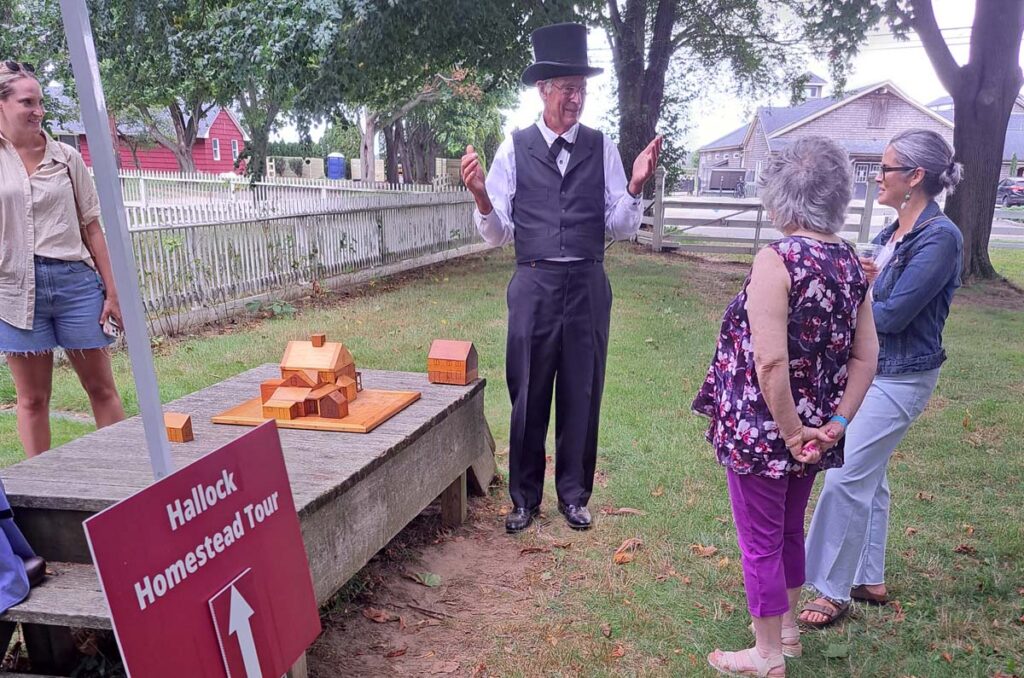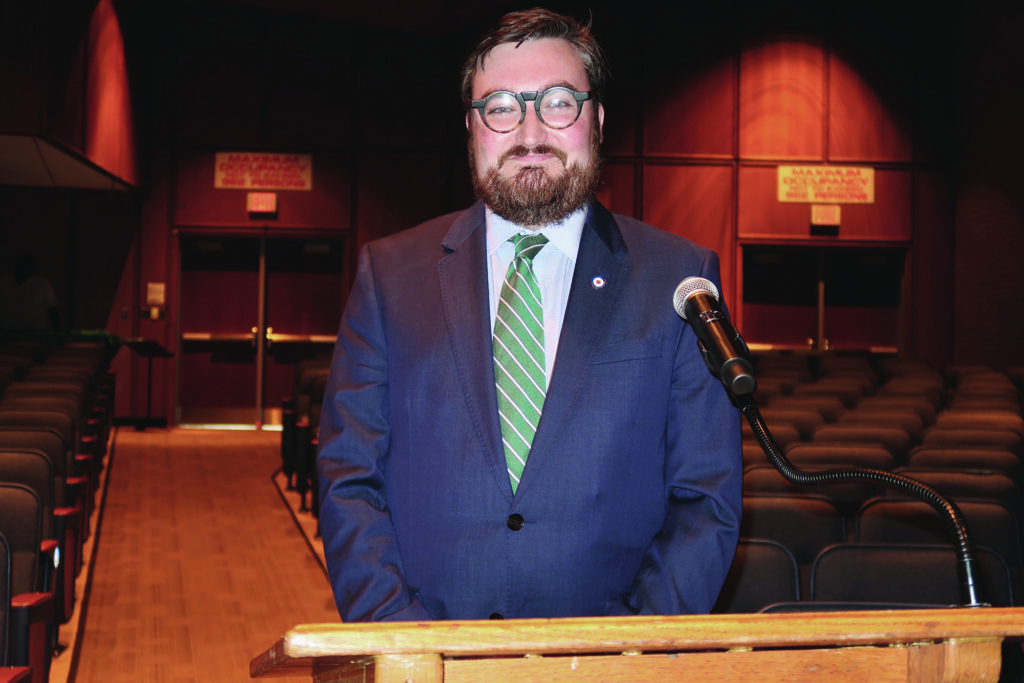Company pitches building 3-megawatt solar farm atop town landfill

A solar company pitched a plan to build a 3-megawatt solar farm atop the town landfill on Youngs Avenue in Calverton, a project that could generate property tax revenue and reduce the town’s operating expenses for electricity, according to the presentation.
David Froelich, the director of solar business development for Changing Visions of Energy, discussed the proposal at Thursday’s work session and said the project would align with Gov. Kathy Hochul’s recent announcement for the state to achieve at least 10 gigawatts of distributed solar by 2030. Distributed solar refers to building power plants in the area where power is used.
“We think this is a really exciting opportunity,” Mr. Froelich said. “You have a landfill that’s got pockets of space that we think we can build a nice solar plant on and end up with a solution that will be worthwhile for the town.”
Prior proposals to build a solar farm atop the landfill from other companies have failed to come to fruition.
Mr. Froelich said the project could generate about $6 million in revenue or savings over the length of the proposed 25-year contract. The solar farm could generate about 4 million kilowatt hours of electricity per year. A lease rate of $23,000 per megawatt, per year would generate about $73,000 a year in revenue. The estimated total over the life of the contract, with 2% escalator factored in, would be about $3.6 million.
Mr. Froelich said the development period can take two-three years. During that time, the company would pay a fee to the town to maintain exclusivity, estimated at $2,500 per year, based on the presentation.
“It costs a lot of money to develop these projects,” he said. “There’s a significant investment in terms of design, engineering, testing and going through permitting process.”
He also outlined a payment in lieu of taxes (PILOT) that would be proposed to negotiate a set payment. The proposal outlined Thursday would be for $7,500 per MWac, per year. Mr. Froelich said that aligns with similar projects in the state.
The proposed energy savings per year would start at about $71,000, “assuming 100% of the electricity savings was applied to town accounts.”
That total over the life of the contract, factoring in a 1% escalator, would be about $1.8 million.
Mr. Froelich said the company would seek two additional five-year lease extensions on top of the 25-year contract, which is the maximum allowed in New York State. He said he believes the facility would still have value in years 26-35.
“If we fast forward 25 years, our company has an investment on an asset that’s sitting on your land,” he said. “Our choices would be to work out a deal with the town that would be attractive to the town, or we would have to decommission and take it apart. The marginal cost of keeping it operating is going to be very low.”
Mr. Froelich said he was unsure exactly which substation the project would connect to. Councilman Tim Hubbard noted a prior proposal from a different company fell through due to an expense related to the distance of the substation.
“We have to check on exactly the same thing,” Mr. Froelich said, adding that the company’s initial analysis showed it seemed feasible. “Our goal is to identify what we think we can do, gauge interest from the town and if the town is interested and wants to engage us to do it, we’ll dive in.”
The proposal comes after the Town Board late last year adopted a year-long moratorium on the development of commercial solar energy production facilities.
Councilman Bob Kern said the moratorium is on “live land.”
“This land is dead and that’s why I’m happy to engage with you guys to make this land come alive,” he said.
Mr. Froelich also discussed a number of questions that were raised during an initial conference call in March. He said no cadmium, a potentially toxic chemical, is used in the solar panels. CVE can also donate used, but still functioning panels to other communities in need, particularly in developing countries, at the end of their lifetime.
CVE is a worldwide company based in France and has a U.S. headquarters in New York City. The company currently has 13 projects that will begin construction in 2022 in New York, according to the presentation.








